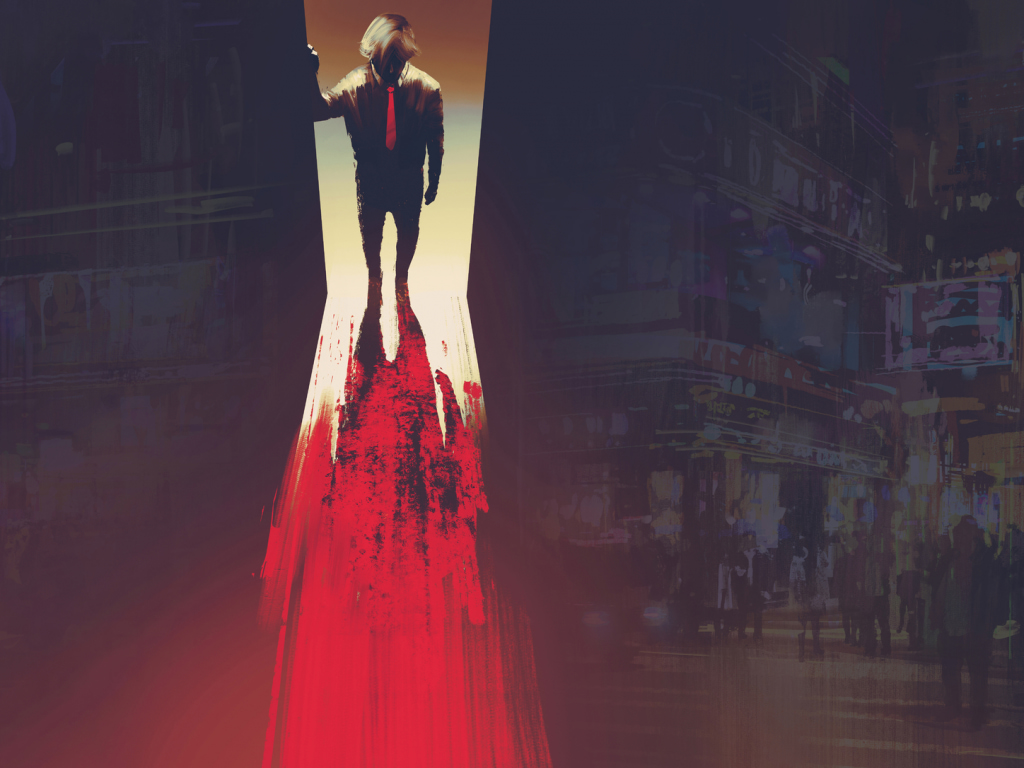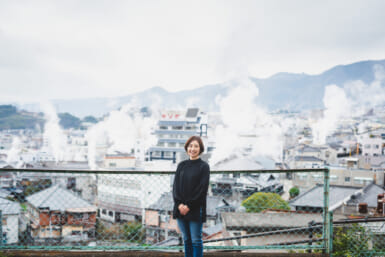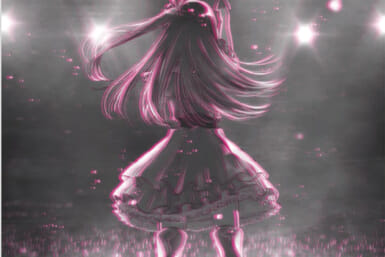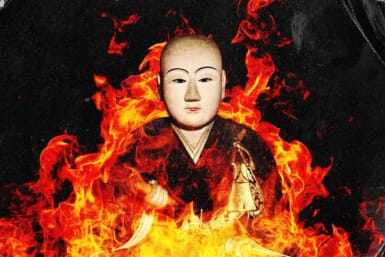British author Nicolás Obregón has written three novels featuring half-Japanese inspector Kosuke Iwata: Blue Light Yokohama, Sins as Scarlet, and Black Suit City (set for release in 2019). Andreas Neuenkirchen is the author of four novels, written in German, featuring Tokyo police inspector Yuka Sato.
The two authors sat down to chat about their experience of writing crime fiction set in Japan, including the challenges, inspirations, outsider viewpoints, and dealing with cultural differences…
Andreas: In 2010 I approached publishers in Germany with a proposal for a series of crime novels set in Japan, and I was often told: “Japan is not a country people fantasize about” – which was news to me. More than one publisher seriously suggested changing the setting to Italy or Spain, and the nationalities of the protagonists accordingly. Did you have a similar experience when you pitched your first novel, Blue Light Yokohama?
Nicolás: I actually experienced quite the opposite. In fact, the first offer I received came from Germany. Also, there still isn’t too much crime fiction set in Japan written by non-Japanese authors. So, I think maybe Blue Light Yokohama was something different, it had an outsider’s perspective, and it was written with English-language readers in mind.
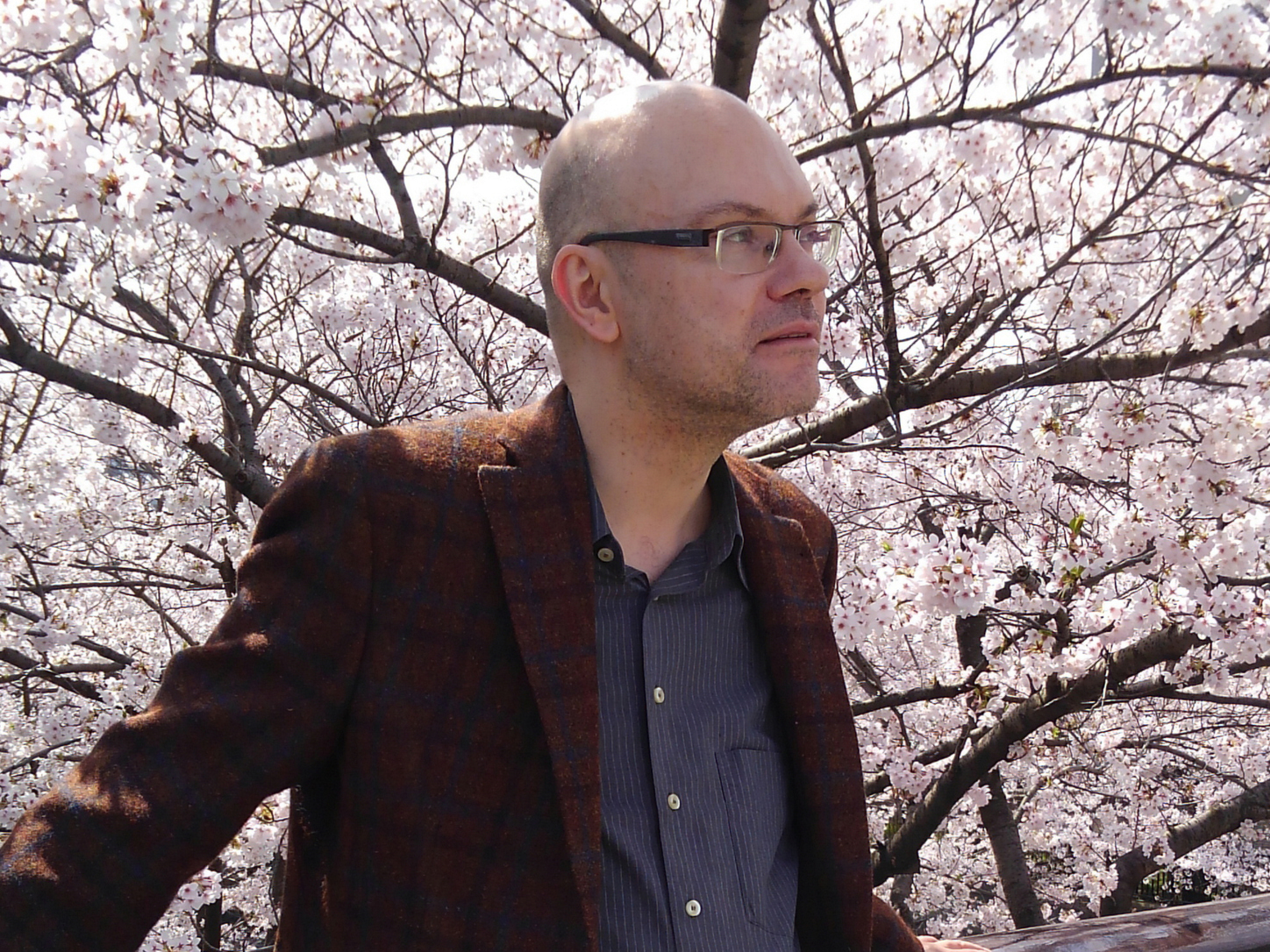
Andreas Neuenkirchen
Andreas: I started writing the first novel in my series just before 3-11. After the events, I wasn’t sure how to handle it. Make it part of the plot? Don’t mention it? Eventually I decided to set the plot a couple of weeks after the events, when they were still very much haunting people’s minds, and there were still minor power outages and supply shortages in Tokyo, but otherwise things were back to normal. 3-11 also comes up in Blue Light Yokohama. Did you have any doubts about that? Does it already feel like a purely historical event? Or did you consider it might be “too soon”?
Nicolás: If I were going to write the book again today, I probably wouldn’t include 3-11. Since 2011 was integral to the plot and timelines working out, I ran into the same problem: do I mention it or not? Then I thought if I avoided it, there might be a feeling that the story was happening in an alternative universe. Ultimately, I decided to include it without dwelling on the suffering and real events of that day, merely focusing on its impact on my own narrative.
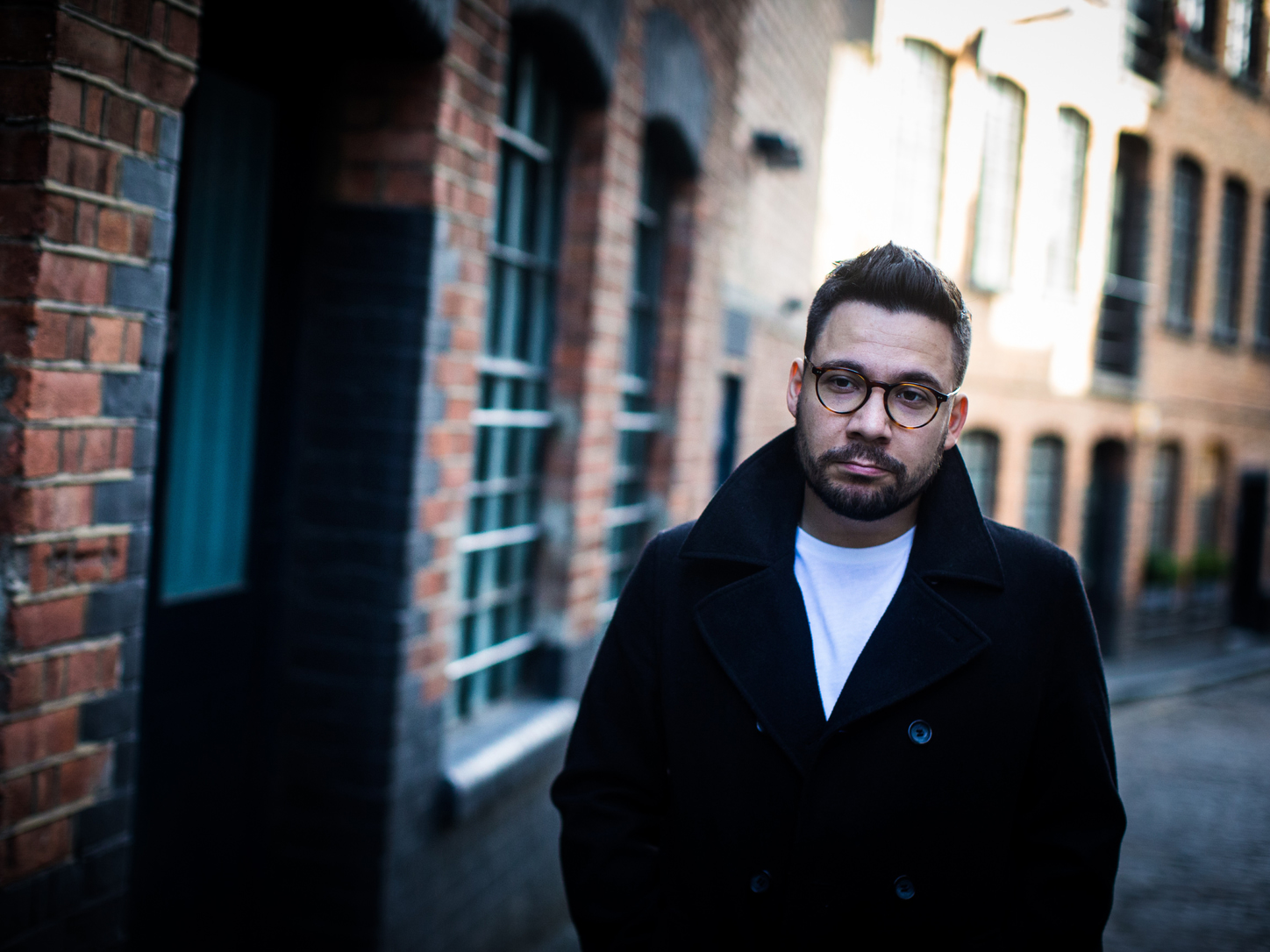
Nicolás Obregón
Andreas: Writing outside of the culture you were born into can be considered controversial these days. I’m waiting for the day someone comes up to me and says: “How dare you write about a female Japanese police inspector, when you are neither female, nor Japanese, and certainly not a police inspector?” Have you ever been accused of cultural appropriation?
Nicolás: I’ve had a handful of complaints regarding my portrayal of Japanese culture, but never really about cultural appropriation. For example, I’ve been told, “Japanese people would never swear like that!” Which, of course, is counter to my own experience. One or two others have said I’ve misunderstood Japanese culture itself, as if it is only one thing. But these are always non-Japanese people saying these things. I don’t think what we do is cultural appropriation. By definition, appropriation means stealing something. Did Agatha Christie steal the Belgian experience in the form of Poirot? Did Shakespeare steal the adolescent Italian experience in Romeo & Juliet?
Andreas: Like you, I sometimes get: “No Japanese will ever behave that way!” I find this kind of generalization much more offensive to the Japanese than anything I could ever write. Also, when you are writing a crime novel, your protagonists won’t be ordinary cops, or even ordinary people.
Nicolás: Exactly. If they were “normal” cops just working ordinary cases, that would probably be extremely boring. It’s an odd contradiction; the need for “authenticity” when creating a fiction, while at the same time trying to thrill and transfix.
Andreas: For my books, I felt I had to invent an idealized police force, or at least a handful of ideal officers inside a far from ideal system. The actual Tokyo police is better known for forcing confessions and getting lost in bureaucracy than digging deep and investigating thoroughly.
Nicolás: Over the course of my research I came across an academic study called “Contours of Police Integrity” by Carl Klockars and Sanja Kutnjak Ivković which examines police corruption and integrity across cultures. One of the findings was that while initially it appeared that Japanese police were far less corrupt than police in other countries, if you scratched the surface it became apparent that even when interviewed anonymously, Japanese police officers would not admit to corruption they had witnessed or been part of – instead tending to “toe the company line”, avoid friction, so on.
Andreas: Blue Light Yokohama refers to a song originally released in the 1960s. That was certainly before your time.
Nicolás: In 2014, I was in a hotel room in Hiroshima and was thinking about writing a fiction loosely based on the unsolved Miyazawa family murder case from late 2000. In the background, “Blue Light Yokohama” was playing on the TV, performed by Ayumi Ishida. It was one of those typical late-night commercials for CD box sets. I wrote down the words: “Blue Light Yokohama novel?” At first it just seemed a good working title, later I realized it was the heart of the novel. Throughout the story, the song is stuck in the detective’s head, haunting him.
Andreas: You seem to have a nostalgic fascination with Japanese pop culture…
Nicolás: I watched a lot of anime when I was a kid. Growing up in Madrid, the shows I watched were dubbed into Spanish, but they couldn’t fool us: we could tell these stories were taking place somewhere far away – some place called Japan.
Andreas: I also watched a lot of anime as a kid, but back in the 70s in Germany we were not aware that they were originally from Japan. And if we were, we paid it no mind. More formative for my own interest in Japan were films like Akira or Tetsuo.
Nicolás: I was especially fond of Captain Tsubasa, an anime show about a football prodigy growing up near Mount Fuji. Back then, pretty much all the shows my friends and I watched were Japanese. For me, however, it wasn’t even the characters or the stories that fascinated me. It was the mise en scène. Strange haircuts. Raw fish. Futuristic trains. Buildings with clean angles. The way people would become embarrassed at the most trivial things.
Andreas: Which writers have influenced you?
Nicolás: In terms of classic Japanese writers, I love Seicho Matsumoto. I’d particularly highlight Points and Lines. In terms of contemporary Japanese crime writers, I’d have to choose Natsuo Kirino. Out is one of my favorite books of all time. Kirino examines class, jealousy, loneliness, lust, misogyny and, ultimately, hatred — all of it set against a backdrop of economic downturn and the desperation of what it is to be a woman in an empty suburban existence. Beyond Japan, my all-time favorite book in the crime genre has to be The Secret in Their Eyes by Eduardo Sacheri.
Andreas: Kirino is also one of my favorites. My major influences come more from the US than Europe or Asia, though. When I was a teenager, my uncle bought me novels by writers like Michael Connelly or Martin Cruz Smith.
Nicolás: Martin Cruz Smith is such an important figure, a writer to aspire to. Actually, he’s a good example for writing expertly outside of your own culture.
Andreas: What are your plans for the Iwata series?
Nicolás: The third novel [Black Suit City] will take Iwata back to Tokyo. He is half-American, and between Blue Light Yokohama and Sins as Scarlet he had quit the Tokyo Metropolitan Police and now works as a private investigator in LA. I can’t reveal too many details about the third Iwata novel except to say that it will be set just a few days before the 2020 Olympic Games, and it will center on the murder of an English girl found in a love hotel in San’ya.
More about the authors at obregonbooks.com and www.andreas-neuenkirchen.asia

Nicolás Obregón’s novel, “Sins as Scarlet”

